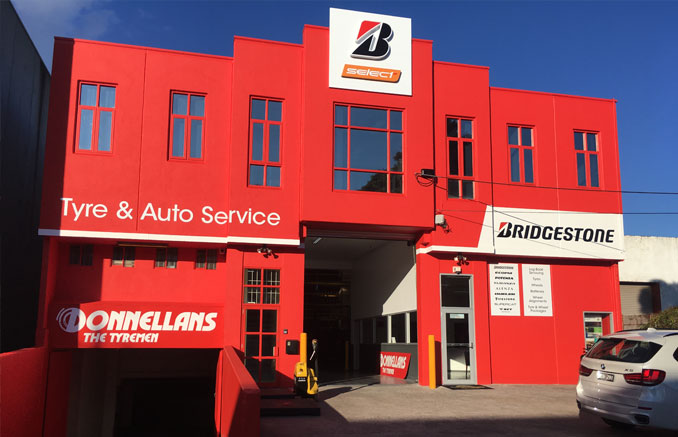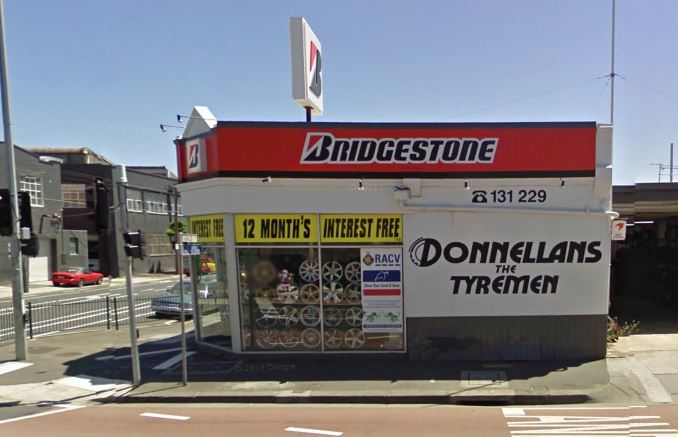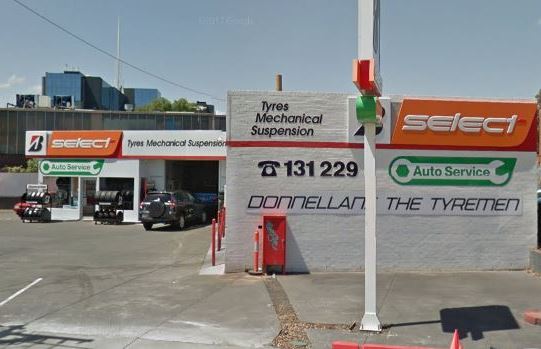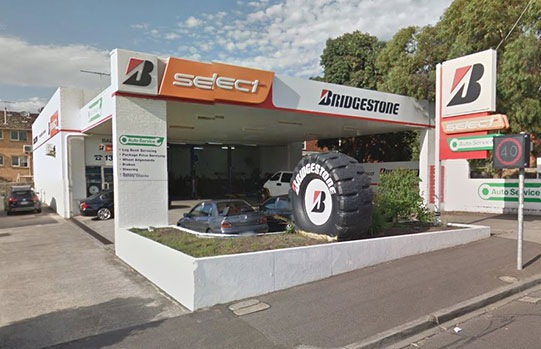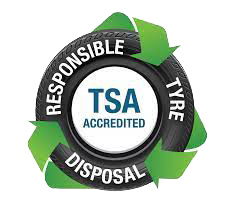Back to Latest News
How do I know if my shock absorbers need replacing?
To understand whether your suspension needs assessment from a qualified professional is to first learn what shock absorbers are, what they’re designed to do, and what the signs are when they are beginning to fail.
If you drove a vehicle with no shock absorbers whatsoever, it would be immediately obvious. The car would be extremely bouncy and have terrible traction on all but the smoothest roads.
The role of shock absorbers is to provide comfort and safety, as well as help ensure that all 4 wheels have consistent and equal contact with the ground when driving on uneven surfaces.
Braking, turning and accelerating forces change the weight distribution of your vehicle, and it’s the job of suspension as a whole to absorb and control these forces, so it’s essential that your suspension is in proper working order.
What is a shock absorber?
Everyone knows that vehicle suspension includes some kind of spring to absorb movements, however, springs by themselves would make for awful suspension due to their tendency to resonate and continue to bounce, long after the original force has been removed.
The role of a shock absorber is to control the rate that the spring can return to its original length and prevent continued bouncing after, say a bump or corner.
A shock absorber is often little more than a valved tube filled with oil and pressurised with nitrogen. An internal plunger controls how much oil can flow past the plunger at any time. Higher-end shock absorbers can be rebuilt and modified to suit different applications, and some even feature external oil reservoirs for cooling purposes.
Some vehicles have discrete shock absorbers, while others have shock absorbers built into struts that also hold the spring, either way, they perform the same basic function.
What are the signs of a bad shock absorber?
In many cases, if you drive your car regularly, you’ll notice something isn’t right with your vehicle, it just feels wrong somehow.
Some of the most common signs that your suspension needs to be looked at by a professional, potentially caused by faulty shock absorbers are:
1: Handling changes after an impact such as a curb or pothole
Impacts with debris, potholes, speed bumps you hit way too hard, and other incidents place incredibly large forces on your suspension components. It’s not unheard of to bend or crack suspension components, and a bent shock absorber will jam itself in a fixed position, preventing smooth operation.
2: Fluid leaks from your suspension
That’s right, since shock absorbers are pressurised and oil-filled, any significant physical damage can result in the oil leaking out. Once a shock absorber loses oil and pressure it’s functionally doing nothing. If you ever notice oil marks on the driveway near the corners of your vehicle, it might be worth having a quick look under your car with a flashlight, or bringing it to Donnellan's, where we can put it up on our hoist and have a proper look.
3: Poor braking performance and ‘nose-diving’
When the brakes are applied in your car, much of the weight will transfer to the front wheels, and without the shock absorbers being able to ‘dampen’ or soften the spring compression, the front of your vehicle can often sink much lower than normal. The resulting bounce will affect your braking performance, particularly in heavy braking situations, when you need them to work most.
4: Squatting in the back when accelerating
Just like nose-diving when braking, squatting while accelerating is often a sign of suspension that needs to be looked at in detail. Punching the go-fast pedal will cause weight transfer to the rear of the car, and if the rear shock absorbers cannot keep control of the springs, the vehicle will buck and have diminished traction. At one point or another, we’ve all seen a commodore with blown rear shocks and not even realised.
5: Swaying side to side in corners
Typically, vehicles have anti-sway bars (or anti-roll bars) to try and combat the tendency of a vehicle to lean towards the outside of a corner when turning, however, having fully functional shock absorbers will help avoid sea-sickness every time you get to a roundabout too. Same as acceleration and braking forces, the shock absorbers will try to control the rate that the spring compresses and expands in order to provide a smooth, comfortable ride.
When should my shock absorbers be inspected?
By now, we’ve got a pretty good idea of how important shock absorbers are for:
- Predictable handling
- Safe braking
- A comfortable ride
- Consistent tyre grip
But did you know that shock absorbers in poor condition can also contribute to premature and uneven tyre wear, damage to suspension bushings and components, and in extreme cases, loss of steering control?
Generally, shock absorbers are reliable items, and most manufacturers suggest inspections only every 50,000kms or so. But much like headlight bulbs, they work fine, until they don’t. So if you ever notice a change in handling, or something feels off, be sure to book your vehicle in to see an expert mechanic.
Come and see Donnellans today
We’re not just a tyre shop, with each of our locations offering full mechanical servicing, suspension diagnostics and repairs, brake servicing, and mechanical work at our fully equipped workshops.
With 4 convenient locations in Balwyn, Collingwood, Blackwood and Prahran, we have a location near you!
Contact us today!
